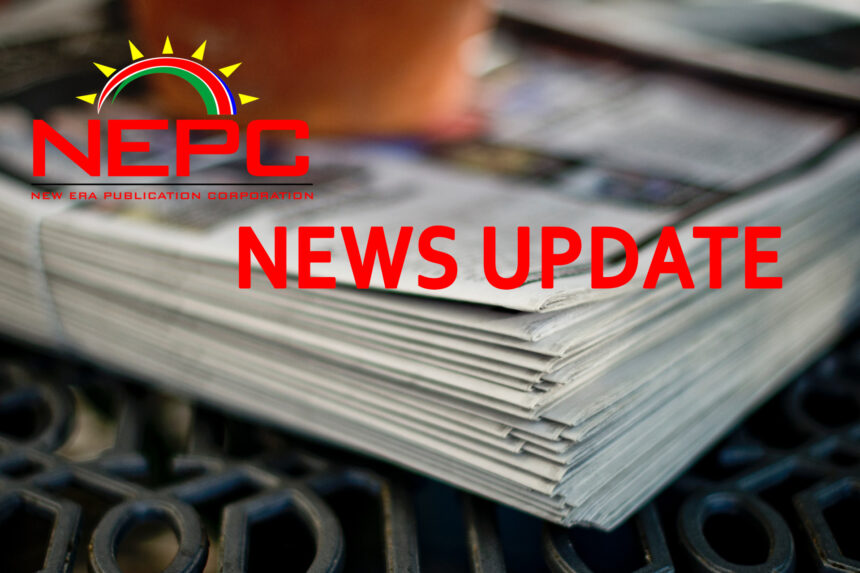RUNDU – Renowned ophthalmologist Dr Helena Ndume said middlemen in the procurement of medical supplies are hampering healthcare service delivery in Namibia.
She said where government is supposed to procure more supplies to serve more people, a large chunk of the money goes to the middlemen, who are awarded the tenders. “We are suffering today in our health ministry because of these middlemen and tenderpreneurs. That’s why we don’t even have medicine in our hospitals today because they are busy suing each other. Suddenly, we cannot get medicine anymore because of that and people are dying, and it is not nice. Thank God we have our good Samaritans, who are helping us. Otherwise, there will be no eye camp happening here,’’ she said during the launch of this year’s Kavango East Annual Surgical Eye Campaign, which saw 700 patients having their eyesight restored at the Rundu Intermediate Hospital last week.
The campaign started last Saturday, and ended on Friday. Last month, this newspaper reported that the health ministry confirmed a shortage of medicine at public hospitals, a situation which has left state patients distressed, and those who can afford at the mercy of private health facilities.
The situation has led to calls for improved regulation and an overhaul of delivery models.
More than 80% of Namibians rely on public health for their medical needs. The drugs shortage, which is attributed to supply chain disruptions and bureaucratic inefficiencies, has had a crippling effect on the nation’s healthcare system.
The shortage, affecting everything from anti-retroviral drugs and antibiotics to essential diabetes medication, has stretched across urban and rural areas alike, leaving many patients in distress. The patients at Dr Ndume’s eye clinic were from the two Kavango and Zambezi regions.
“I want to thank our team from Germany. Without the donation of our German friends, there was no eye camp going to happen. They brought all the materials which we needed for the surgery, and some of the materials were already sent to us. They ordered everything from the suppliers, and they paid for the shipment to come here with no middleman so that they can buy more medical supplies so that we can come take care of our people,” she stressed.
“We have two doctors from Germany and three nurses, and we have four Namibian doctors who came to join hands to fight cataracts,’’ she noted. Dr Ndume said it is important that they operate on as many people as possible because this is an election year in which Namibia will have elections in November, and so many of them will thus be able to vote. “They won’t be needing any assistance; they will be crossing on whoever they want to vote for. That is very good, so that they exercise their democratic rights. If there are any who have eye problems, let them go to their nearest clinic; let them get screened,’’ she continued.
During the launch of the surgical eye campaign, the Rundu Intermediate Hospital’s medical superintendent Dr Jean Kalala Kabangu said since the campaign’s inception in 1996, the hospital has been dedicated to hosting this crucial campaign yearly. “Our campaign is more than just a medical intervention. It is a testament to our commitment to human dignity and equality. Every person, regardless of their background or circumstances, deserves the gift of sight. By providing free and affordable cataract surgeries, we are not only treating a medical condition, but also restoring hope and opportunity. This campaign represents a significant milestone in our ongoing efforts to improve eye health and vision care in our community,’’ he emphasised.
Kabangu said the significance of this campaign cannot be overstated, as it plays a fundamental role in preventing cataracts and restoring vision among elderly individuals. “The impact of such interventions goes beyond mere medical procedures. It touches the lives of our patients, empowering them to lead fuller, more independent lives,’’ he added.
The hosting of the surgical eye campaign was made possible by a dedicated team comprising surgical teams from Windhoek Central Hospital, international volunteers from Germany and Austria, local doctors, and an ophthalmic team and nurses from the Kavango East, Kavango West and Zambezi regions.


